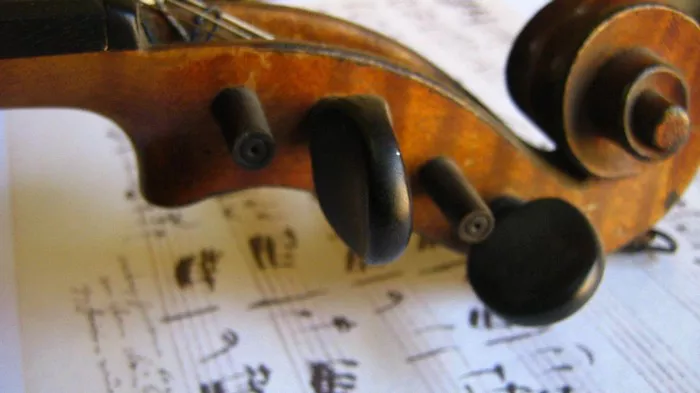The world of music is a vast and diverse landscape, encompassing an array of genres and styles that evoke various emotions and narratives. Two terms that often find themselves entangled in discussions are “classical” and “classic” music. While they sound similar, they refer to distinct musical realms with rich histories. In this article, we unravel the nuances between classical and classic music, exploring their origins, characteristics, and the impact they have on our cultural and artistic experiences.
Defining Classical Music
“Classical music” is a term that refers to a specific genre within Western art music tradition. It spans a period roughly from the 11th century to the early 20th century and is characterized by its complex compositions, adherence to formal structures, and the use of orchestral instruments like the piano, violin, and cello. Think of iconic composers like Mozart, Beethoven, and Bach, whose symphonies, concertos, and sonatas epitomize the genre. Classical music often revolves around written compositions that serve as blueprints for performances, showcasing the skillful interplay of melodies, harmonies, and intricate arrangements.
Understanding Classic Music
On the other hand, “classic music” refers to a more general notion of music that is enduring, timeless, and transcends its era. This term doesn’t belong exclusively to any particular genre but rather implies a piece of music that maintains its appeal and significance over time. It could span across various genres like rock, pop, jazz, and even within the realm of classical music. For example, The Beatles’ “Hey Jude” or Beethoven’s Symphony No. 9 both qualify as classic music due to their enduring popularity and influence on subsequent generations.
A Glimpse at Classical Music’s Legacy
Classical music has left an indelible mark on the cultural and artistic fabric of humanity. The compositions of revered classical composers continue to be studied, performed, and revered by musicians and audiences alike. These works often feature intricate melodies, dynamic contrasts, and intricate harmonies that showcase the composer’s mastery of musical techniques. The symphony, sonata, and opera are among the many forms that have evolved from the classical era.
The Timelessness of Classic Music
The allure of classic music lies in its timelessness. A classic piece of music resonates with listeners across generations due to its emotional depth, relatability, and enduring themes. Classic songs have the power to evoke nostalgia, spark reflection, and bring people together through shared cultural experiences. Whether it’s Elvis Presley’s “Can’t Help Falling in Love” or Debussy’s “Clair de Lune,” these classics continue to weave their magic in our lives.
FAQs on Classical vs. Classic Music
Q1: Is classical music the same as orchestral music?
Classical music is a broader term that encompasses various styles, including orchestral music. Orchestral music refers to compositions performed by an orchestra, which can encompass classical, romantic, and contemporary genres.
Q2: Can a modern song become a classic?
Yes, a modern song can become a classic over time. A classic song is defined by its enduring popularity and cultural significance, regardless of when it was created. Songs like Queen’s “Bohemian Rhapsody” and Adele’s “Rolling in the Deep” have achieved classic status in a relatively short span.
Q3: Are classic and classical music mutually exclusive terms?
No, classic and classical music are not mutually exclusive terms. Classic music refers to music that remains popular and timeless, while classical music specifically refers to the genre within the Western art music tradition spanning the 11th to early 20th centuries.
Conclusion
The distinction between classical and classic music lies at the crossroads of genre specificity and enduring appeal. Classical music delves into the intricate compositions of revered composers from a particular era, while classic music encompasses a timeless quality that transcends genres and generations. Both terms hold a special place in the world of music, offering us the opportunity to appreciate the depth of historical artistry and the universality of emotions that can be evoked by melodies that stand the test of time.

